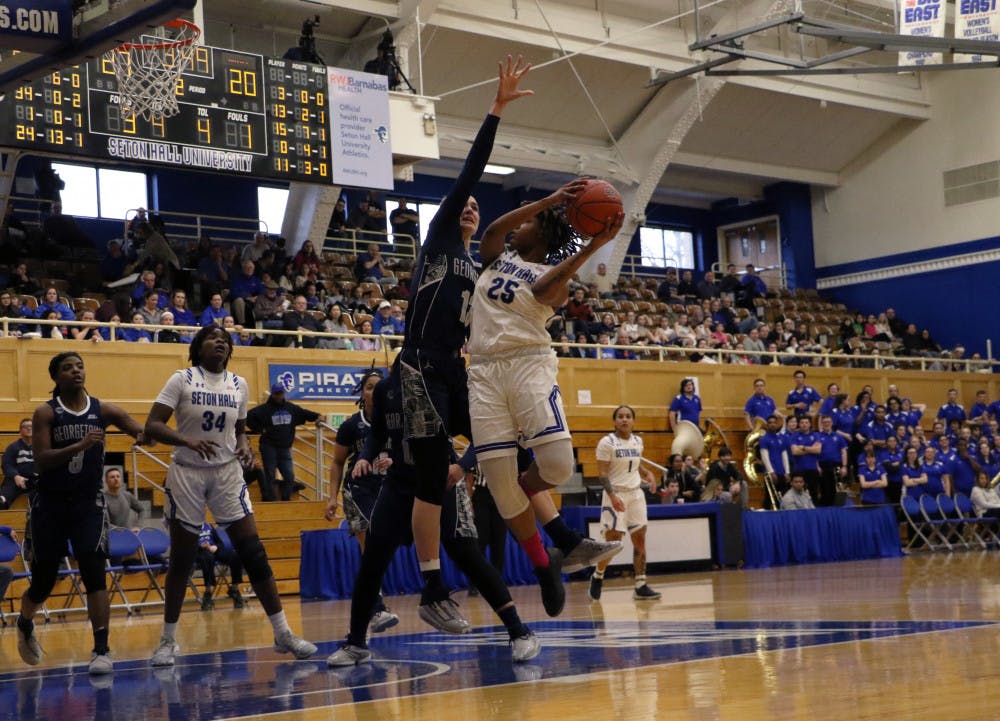
NBA fans knew Adam Silver wasn’t David Stern. They knew that the 1984 graduate of Duke, who went on to obtain a law degree from the University of Chicago, would bring a new perspective to the league when he assumed the position as commissioner last Feb. 2014. In the months that followed he was faced with the Donald Sterling-Clippers controversy, and by most accounts, he handled it with authority and leadership that surpassed his predecessor during his infamous 30-year reign.
Last week, Silver once again showed the NBA and sports community that his progressive mindset wasn’t going anywhere. In a Nov. 13 essay published in The New York Times, the commissioner spoke out in support of the legalization of sports gambling.
To be clear, the commissioner is looking for sports gambling to be regulated and monitored to ensure and preserve the enjoyment of the game itself. Still, the ideas are unheard of by a league commissioner, especially one who operates one of the major four professional sports leagues. In the essay, Silver spoke about the intrigue and popularity of betting among global fans.
“There is an obvious appetite among sports fans for a safe and legal way to wager on professional sporting events,” the commissioner said in the published essay. “Outside the United States, sports betting and other forms of gambling are popular, widely legal and subject to regulation.”
Silver’s opinion follows a decision made by a federal judge to block New Jersey’s attepmt to repeal the ban on professional and college sports betting. In the past several months, Gov. Chris Christie has worked to repeal the ban and initiate legalized sports betting.
“Congress should adopt a federal framework that allows states to authorize betting on professional sports, subject to strict regulatory requirements and technological safeguards,” he added.
Silver’s stance invites several questions that could have major implications on sports and the way fans choose to follow sports.
First, can we safely assume that the league’s assertion that betting should be legalized and regulated won’t go as far as to encourage athletes and officials to get involved? The implications can be safely assumed—lifetime bans among a wealth of other sanctions, but does this simply invite a can of worms to be opened that might otherwise be avoided? Fans of the NBA have already seen this saga play out in 2007, when referee Tim Donaghy was found to have bet on games in the league. The 13-year veteran official was found guilty which resulted in a 15-month sentence in federal jail.
Second, does the legalization and endorsement from a professional sports league invite something that current fans don’t want? To expand: Isn’t sports meant to be a distraction from real world problems? Doesn’t legalizing and endorsing betting change everything a fan roots for—the reasons they decide to watch? Point spreads are already published online and in most newspapers—making them readily available for those who want to bet on professional and amateur sports. Silver has helped open an intriguing conversation that is sure to creep into all professional leagues, and that could have major impacts on the role sports play in the not too distant future.
Neal McHale is a senior journalism student from Brick, N.J. He can be reached at neal.mchale@student.shu.edu or on twitter @nealmchale.




![IMG_8445[11695].jpg](https://snworksceo.imgix.net/sen/77f3c4ef-e856-4044-9e70-0b2095985e50.sized-1000x1000.jpg?w=1500&ar=16%3A9&fit=crop&crop=faces&facepad=3&auto=format)
